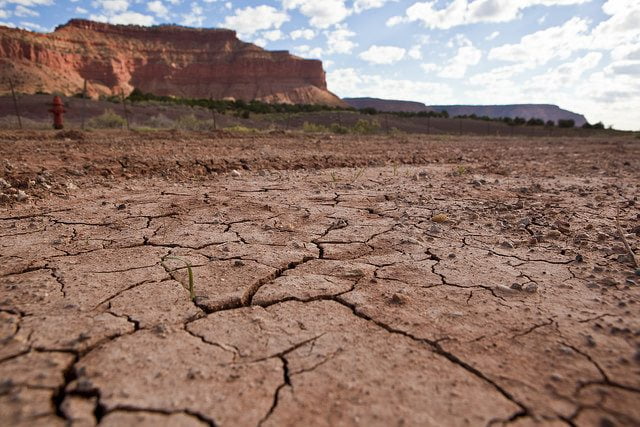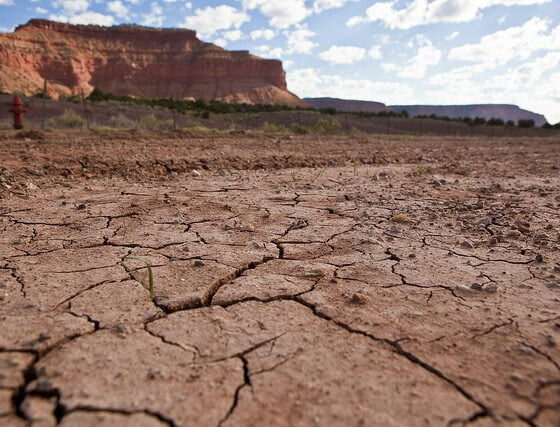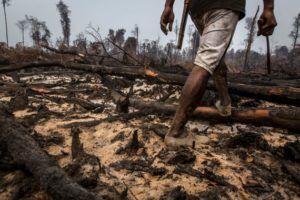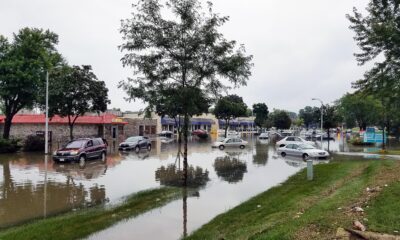

Environment
S&P 500 companies experiencing increasing climate change risks
The impacts of climate change, including extreme weather events such as hurricanes, droughts and floods, are increasingly threatening the operations of the US’s biggest companies, a new report has revealed.
In a new survey, CDP collected climate-related disclosures from companies listed on the Standard & Poor’s (S&P) 500 index from between 2011 and 2013.
It found that in 2013, companies said they were already having to deal with about 45% of the potential physical risks related to climate change, or that they would be within five years. This figure has risen sharply from 26% in 2011.
The companies also said that 50% of these risks are “more likely than not” or “virtually certain” to affect their business, up from 34% in 2011.
Clothing retailer Gap, for example, said it already has to spend more on cotton because of poor yields caused by changes in rainfall patterns in China.
The US’s biggest railroad company Union Pacific reported an 11% decline in corn shipments because of droughts in 2012, cutting its freight revenue, while IT firm Hewlett-Packard saw revenue drop by 7% following the 2011 floods in Thailand.
“Dealing with climate change is now a cost of doing business“, said Tom Carnac, president of CDP in North America.
“Making investments in climate-change-related resilience planning both in their own operations and in the supply chain has become crucial for all corporations to manage this increasing risk.“
Though climate scientists stress that it is not possible to attribute individual weather events to climate change, it is generally accepted that a warming world will see cases of extreme weather become more frequent.
Many leading businesses have become increasingly vocal about the risks this will pose in recent months.
In April, tech giant Apple warned that climate change “is real” and is “a problem”, while outlining plans to become more sustainable.
Meanwhile in January, high street bank HSBC also predicted that 2014 would see the emergence of a “new climate agenda”, as disasters around the world increase awareness of climate vulnerability.
Photo: Anthony Quintano via Flickr
Further reading:
Carbon Tracker’s latest analysis is a warning to fossil fuel investors everywhere
Insurers should consider climate risks, says Lloyds of London
Responsible investors call on Bank of America to address climate risks
CDP: climate change measures of FTSE 350 companies ‘insufficient’
10% of companies responsible for over 70% of greenhouse gas emissions


 Features11 months ago
Features11 months agoEco-Friendly Cryptocurrencies: Sustainable Investment Choices

 Energy11 months ago
Energy11 months agoThe Growing Role of Solar Panels in Ireland’s Energy Future

 Energy10 months ago
Energy10 months agoGrowth of Solar Power in Dublin: A Sustainable Revolution

 Energy10 months ago
Energy10 months agoRenewable Energy Adoption Can Combat Climate Change




























